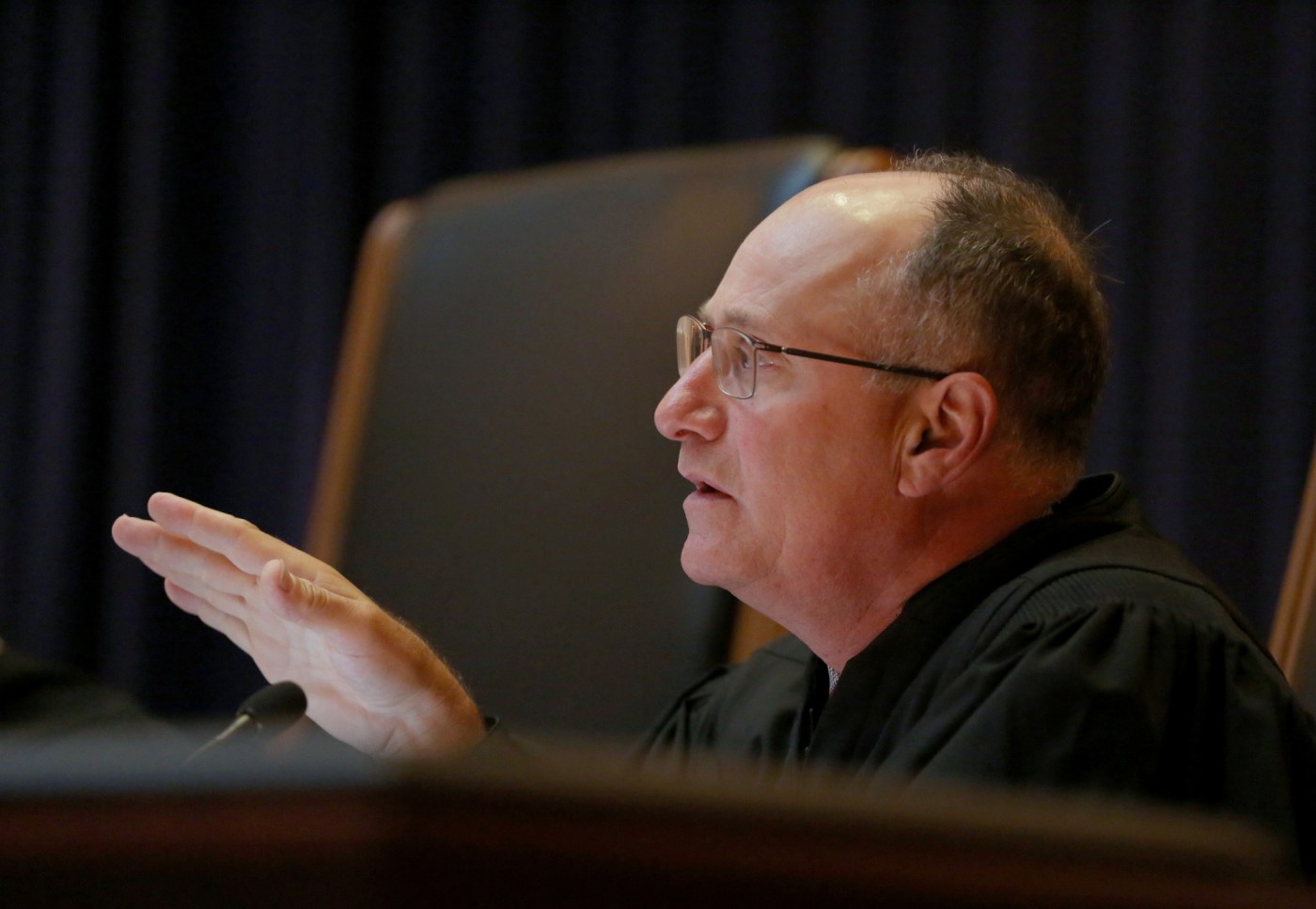
Massachusetts juveniles get first misdemeanor case dismissed, SJC rules
Massachusetts’ highest court says that minors convicted of only misdemeanors in juvenile court must have those convictions dismissed.
The Supreme Judicial Court’s Friday ruling stems from a case where in November 2021 a female department store shopper said that she came across a teenager performing a solo sexual act in the passenger seat of a car in the parking lot. The teen was arrested and charged with felony open and gross lewdness and lascivious behavior — which, if convicted, could have landed him in prison for up to three years.
But when the teen’s case made it to trial in a Massachusetts juvenile court, his lawyers asked the judge to instruct the jury on a lesser included offense of indecent exposure, which is a misdemeanor punishable by no more than six months in jail or house of correction. The judge did so and the jury convicted the teen on only this lesser charge.
The teen’s lawyers moved to have the charge dismissed, as state law states explicitly that juvenile courts have no “subject matter jurisdiction” over minor misdemeanor cases if the defendant has no prior criminal record.
State prosecutors argued against that, saying that the state law could not possibly be meant to “restrict the Juvenile Court’s jurisdiction over postverdict proceedings when the court had properly exercised jurisdiction up until the moment of the verdict.
Further, prosecutors argued, since probable cause existed that the teen had committed the felony crime, that should be enough for the court to have “continued jurisdiction over the lesser included minor misdemeanor.” The trial judge agreed with this argument, according to the SJC ruling. The judge denied the defense’s motion to dismiss and issued a continuance without a finding until the teen’s 19th birthday, which would be 10 weeks later.
But the SJC disagreed. In its ruling Friday, it said that state law explicitly ruled out a state juvenile court’s jurisdiction over “a first offense of a misdemeanor for which the punishment is a fine, imprisonment in a jail or house of correction for not more than 6 months or both such fine and imprisonment.”
“We hold that, once the jury determined that the juvenile had engaged only in minor misdemeanor conduct and it was undisputed that this was the juvenile’s first minor misdemeanor offense, the court no longer retained jurisdiction over that offense,” Justice Scott L. Kafker wrote in the decision. “The judge should at that point have dismissed the adjudication of delinquency.”
Kafker wrote that the intent of the law is clear: “to provide a second chance to juveniles who have committed an isolated act of minor misconduct.”
SJC Justice Scott L. Kafker (Courtesy/State government)


